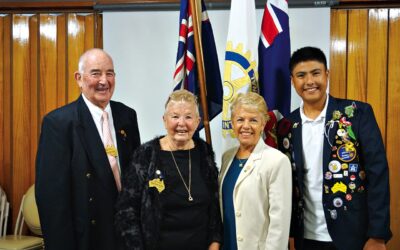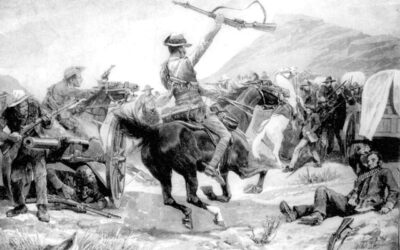Police will be out in force on the state’s roads to remind motorists of their responsibility to drive carefully ahead of the Anzac Day NSW Police traffic operation.
Operation Anzac Day 2024 started on Wednesday with double demerit points in place until 11.59pm on Sunday, April 28, coinciding with the end of the school holidays.
The reminder comes after 111 people lost their lives so far this year, compared to 100 in the same period last year.
The high-visibility policing operation will involve general duties officers, assisted by specialist police, including the Public Order and Riot Squad, Operations Support Group, Mounted Unit, PolAir, Licensing Police, Traffic and Highway Patrol Command and Police Transport Command.
Traffic and Highway Patrol Commander, Assistant Commissioner Brett McFadden, said the appeal to road users is to do the right thing before they head out, rather than have regrets when it’s too late.
Police will be targeting high-risk behaviours such as excessive speed, alcohol and drug driving offences, illegal use of mobile phones and not wearing seatbelts.
“Speeding is a major contributor to fatal road crashes, and police will take action against road users who think they can speed and put themselves and others at risk,” Assistant Commissioner McFadden said.
“A decision to speed could result in a fatality in a split-second. Think about your choices and how they impact you and others around you. Share the road and make sure you arrive to your destination safely.
“We remain committed to ensuring public safety over the Anzac Day weekend, and we’re asking all motorists to do their part as well – especially as we expect more cars on our roads with the end of school holidays.”
Transport for NSW Director of Road Safety Policy, Louise Higgins-Whitton said it was important that motorists make it home safe.
“Simple things everyone can do include wearing a seatbelt, putting the mobile phone away, sticking to the speed limit, ensuring you’re well rested before you set out on your journey and never driving if affected by drugs or alcohol,” Ms Higgins-Whitton said.
To order photos from this page click here



